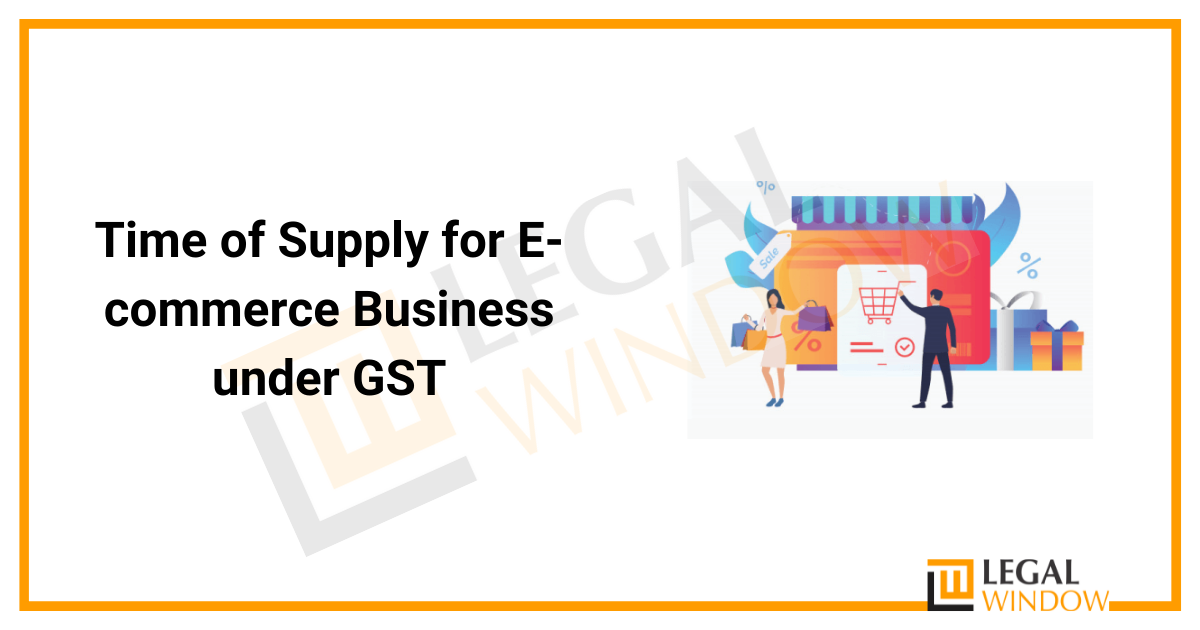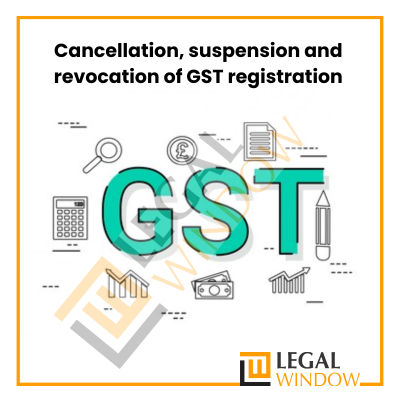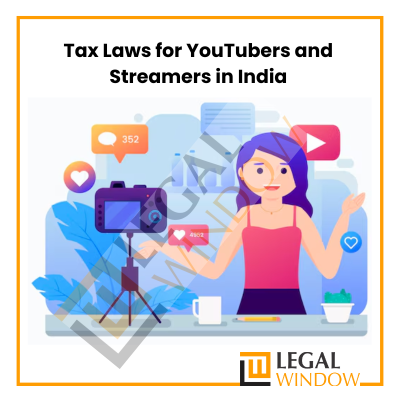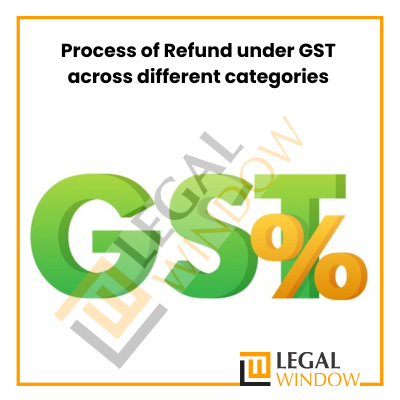
Delivery time refers to the time at which goods/services are considered to be supplied ’. When the seller knows the ‘time’, it helps him to see the date on which to pay taxes. CGST / SGST or IGST must be paid at the time of delivery. Goods and Services have a separate basis for determining their delivery time. This article on GST Registration For Ecommerce.
| Table of content |
Meaning of E-Commerce Business
E-commerce, often known as electronic commerce, is the exchange of products and services as well as the sending of money and data through an electronic network, most commonly the internet. These commercial dealings can be either B2B (business-to-business), B2C (business-to-consumer), C2C (consumer-to-consumer), or C2B.
E-business and e-commerce are frequently used interchangeably. The transactional procedures that make up online retail purchasing are also referred to as “e-tail.”
Online shopping has grown significantly over the past 20 years thanks in large part to the widespread usage of e-commerce sites like Amazon and eBay. According to the U.S. Census Bureau, e-commerce made about 5% of all retail sales in 2011. With the onset of the COVID-19 pandemic in 2020, it had increased to more than 16% of retail sales.
Working of E- Commerce Business
The internet drives e-commerce. Customers use their own devices to access an online store to browse the selection and place orders for goods or services.
The customer’s web browser will communicate back and forth with the server hosting the e-commerce website when the order is placed. The order manager, a central computer, will receive information about the order. It will then be sent to databases that control inventory levels, a merchant system that controls payment data using tools like PayPal, a bank computer, and a merchant system. It will then return to the order manager. This is done to ensure that there is enough stock in the shop and money in the customer’s account to fulfil the order.
The order manager will alert the store’s web server once the order has been confirmed. The consumer will get a notice stating that their order has been successfully handled. The order manager will then notify the warehouse or fulfilment department that the goods or service may be delivered to the customer by sending order data to those departments. A consumer may get actual or digital goods at this moment, or access to a service may be provided.
Online marketplaces where sellers register, like Amazon, software as a service (SaaS) tools that let users “rent” online store infrastructures, or open source tools that businesses run using their in-house developers are some examples of platforms that host e-commerce transactions.
Concept of Time of Supply
Goods are Services Tax [GST] is defined as “the provision of goods or services”. It is not necessary to negotiate under any form of communication a supply contract. Taxes remain the same even when negotiating a contract verbally, in writing or by e-communication. So, at a basic level, GST in e-commerce operators remains the same as any other provider. However, there are a few specific provisions that apply to e-commerce operators and providers of goods or service that provides e-commerce portals.
Time of Supply of Goods
In terms of section 12 (2), the delivery period will be for the first time on the following days, namely: –
- The date of issue of the invoice by the supplier or the last date required, under section 31, to issue an invoice in respect of the goods; or
- The date on which the supplier received the payment (the date on which the payment was deposited or payment into the bank account depending on the previous one) in respect to supply
- As per Notice No. 66/2017 CT Date: 15/11/2017, govt. has removed the state of the day payment at the time of delivery and now only the duration of the invoice issue is considered to pay taxes on goods.
Time of Supply of Services
In terms of section 13 (2) of the CGST Act, 2017, the service delivery period will be the first of the following days: –
- Date of issue of invoice by supplier, if invoice issued within the stipulated time period under section 31 or receipt of payment (the date on which the payment was made in the form or payment made to the bank any previous account), any prior; or
- Date of service delivery, if the invoice is not issued within an indefinite period under section 31 or the date of receipt of payment, whichever is before that; or
- The date on which the recipient indicates the receipt of services in his or her account books, in which case the provisions of subsection (a) or subsection (b) do not apply.
- Provided that when the service provider/goods receive up to a thousand rupees over the amount indicated on the tax invoice, the period for providing the amount of that excess amount must, by the specified supplier option, is the date of issue of the invoice related to that excess amount.
Commission charged from E-Commerce Business
E-commerce sites charge a commission from various providers. It is equivalent to support services, which fall under Tariff Section 9985, and will attract GST by 18%. E-commerce portals are required to be legally registered under Section 24 (ix) of the CGST Act, 2017 and will pay GST the amount of commission received, without the use of any exemption limit. Taxes will be levied on invoices proposed by the supplier of goods or services; and such providers may use ITC for that GST payment, if applicable.
Conclusion
E-commerce activities look complicated because many activities take place at the same time. Thus, when one buys goods from Amazon, two transactions occur simultaneously. The supplier provides the goods through an e-commerce site and the e-commerce site provides services to the supplier. Both transactions are made differently and are subject to GST by its nature. TCS Terms come into effect at the end of the month when the e-commerce operator conveys the feedback received from the supplier of goods or services.
Are you wanting to Cancel your GST Registration? Connect to Legal Window and avail the service in most efficient manner.
CA Pulkit Goyal, is a fellow member of the Institute of Chartered Accountants of India (ICAI) having 10 years of experience in the profession of Chartered Accountancy and thorough understanding of the corporate as well as non-corporate entities taxation system. His core area of practice is foreign company taxation which has given him an edge in analytical thinking & executing assignments with a unique perspective. He has worked as a consultant with professionally managed corporates. He has experience of writing in different areas and keep at pace with the latest changes and analyze the different implications of various provisions of the act.
Categories
- Agreement Drafting (23)
- Annual Compliance (11)
- Change in Business (36)
- Company Law (147)
- Compliance (88)
- Digital Banking (3)
- Drug License (3)
- FEMA (17)
- Finance Company (42)
- Foreign Taxation (6)
- FSSAI License/Registration (14)
- GST (116)
- Hallmark Registration (1)
- Income Tax (199)
- Latest News (34)
- Miscellaneous (164)
- NBFC Registration (8)
- NGO (14)
- SEBI Registration (6)
- Section 8 Company (7)
- Start and manage a business (20)
- Startup/ Registration (126)
- Trademark Registration/IPR (40)
Recent Posts
About us
LegalWindow.in is a professional technology driven platform of multidisciplined experts like CA/CS/Lawyers spanning with an aim to provide concrete solution to individuals, start-ups and other business organisation by maximising their growth at an affordable cost.








